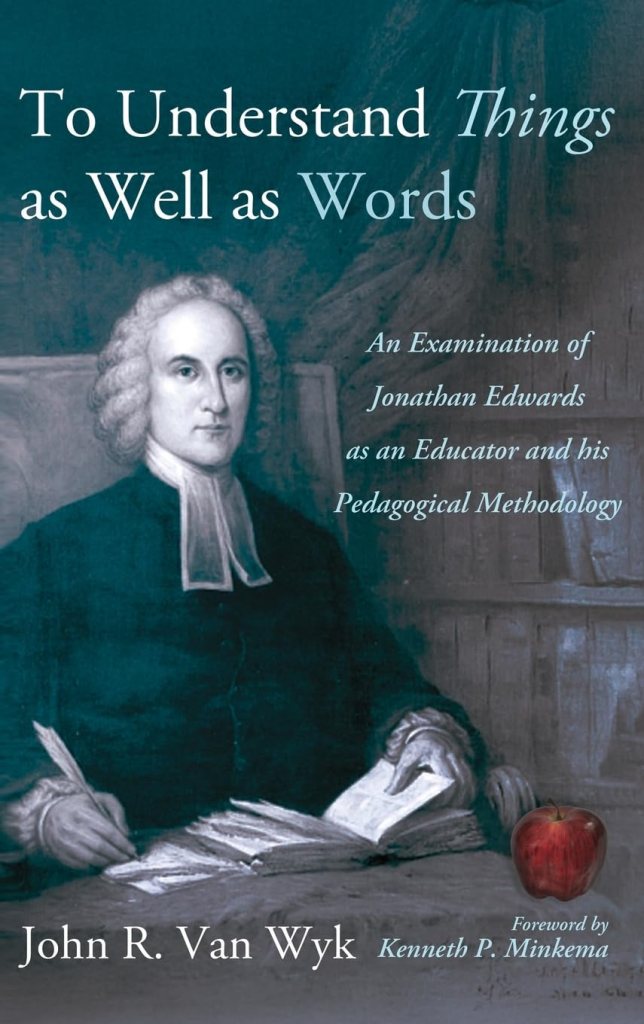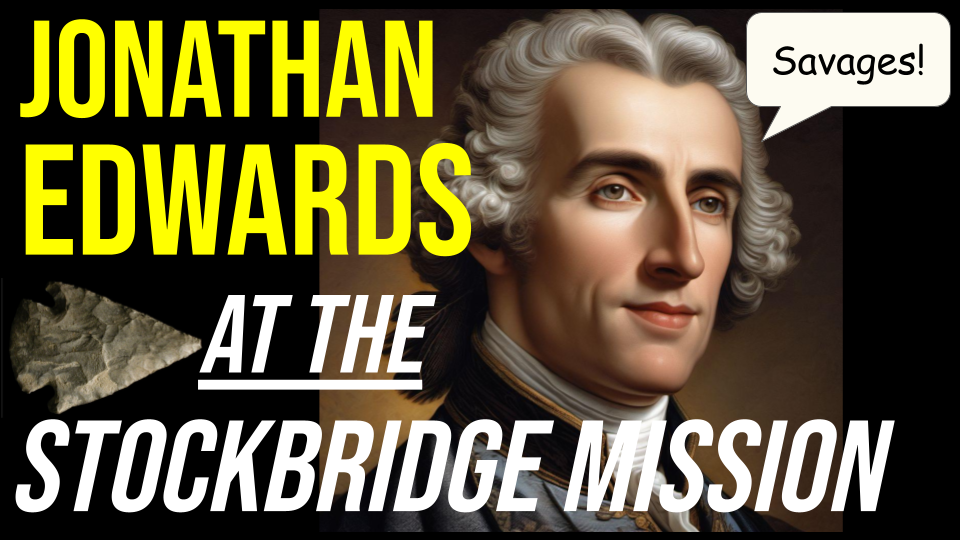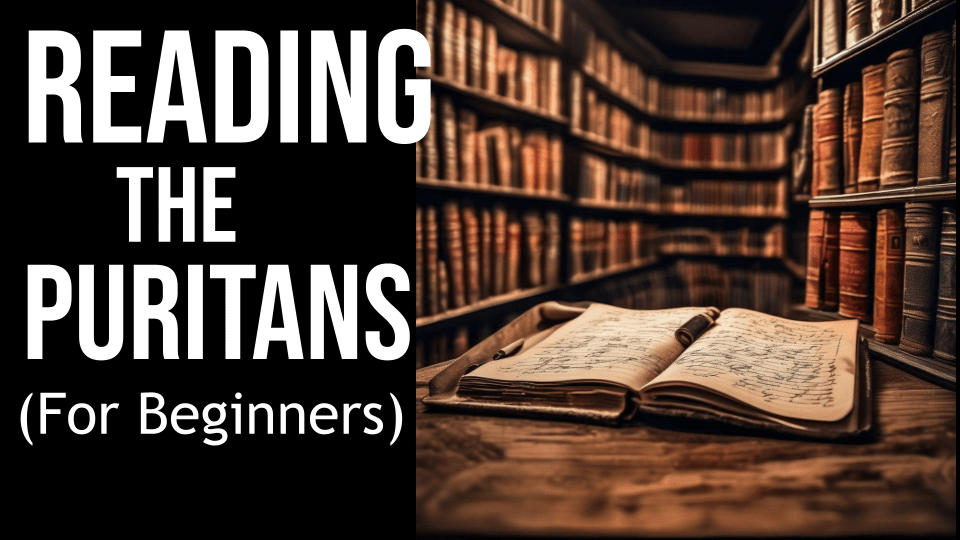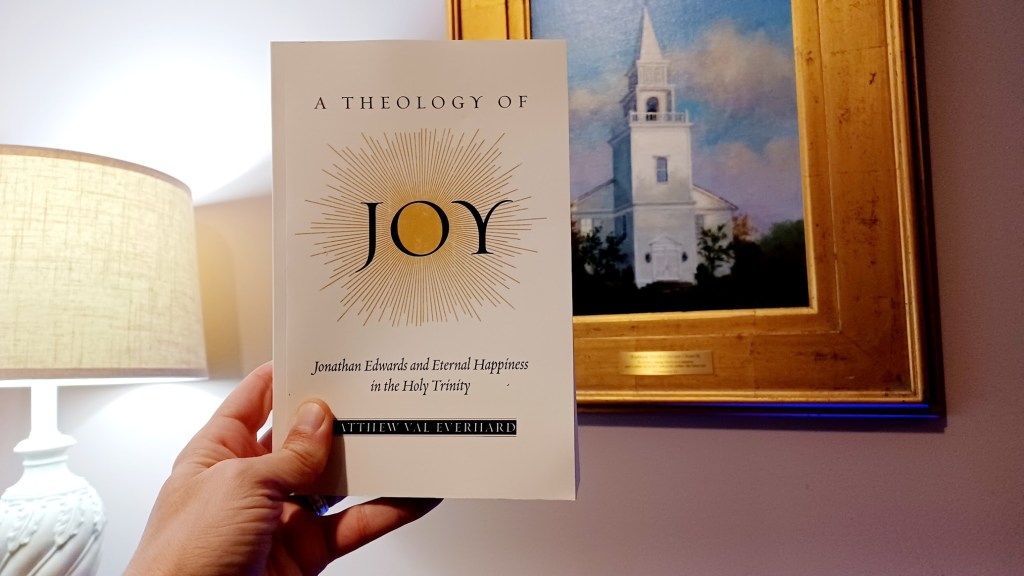Today, on Edwardsstudies.com we are chatting with author John Van Wyk. We are discussing his new book that recently came out with Pickwick entitled, “To Understand Things as Well as Words: An Examination of Jonathan Edwards as an Educator and His Pedagogical Methodology”

John, tell us a little bit about yourself. How did you get interested in Jonathan Edwards studies?
Thank you for asking. I received a PhD in Church History from Trinity Evangelical Divinity School (TEDS) in 2016, under the supervision of Dr. Doug Sweeney, literally, a world-renowned Edwards scholar. I became interested in Edwards from having taken a class on him at Erskine Theological Seminary (shout-out to the seminary!) If I may make a “shameless plug,” an abstract I submitted for the upcoming book The Integrated Edwards, ed. Robert Boss and Cameron Schweitzer (JESociety Press, 2026) was accepted. Please pray for the success of my book and of the upcoming one. I’m currently an independent researcher who’s looking for projects in which I can further my interest in Edwards studies and am open to ideas about other projects.
That’s a great title and subtitle for this book! Break it down for us a bit.
The title is a quotation from a letter Edwards wrote while he was a missionary at Stockbridge, MA. This letter is his most complete statement about his philosophy of education and his plans for putting it into action.
What was your inspiration in writing this particular work?
My inspiration was Edwards in his capacity as an educator, which was not covered to a great extent in existing literature about him. A chapter which Dr. Minkema wrote in After Jonathan Edwards: The Courses of the New England Theology observed that the topic of Edwards as an educator had not been extensively covered, but there was plenty of material to do so. In working on the book for publication, I added material to my dissertation on considering Edwards’s holistic teaching technique, of addressing the “total person,” as a model for education today. (BTW, I appreciate Rev. Dr. Rhys Bezzant’s studies of Edwards as a mentor; it is an important aspect of Edwards, and it was valuable to my work.)
You got Ken Minkema to write the forward as well as several other great recommendations (Sweeney, Van Hoozer, etc.) That’s great! How did you get Ken to help out with this project?
Thank you for mentioning the book’s endorsements; I’m thankful for them. Dr. Minkema was the external reader on my dissertation committee. He agreed to write the foreword when I contacted him. (BTW, he and Dr. Sweeney were exceptionally helpful to me throughout the publication process.)
Give us a summary and the overall message and outline of this book.
The overall messages are that Edwards believed in and practiced education as a holistic undertaking–it should affect not only what a person knows, but also how a person lives. Complete education processes inform a person’s understanding, influence his or her will, and direct his or her actions, in Edwards’s view (ideally) for the glory of God. In addition, Edwards provides an appropriate model for teaching today.
Tell us a bit about the background of Puritan and pedagogy.
The ultimate goal of Puritan pedagogy was salvation. The Bible was central to education for them, at home, in school, and in church. Beginning early in life, children learned the Westminster Shorter Confession and the Westminster Catechism; the New England Primer was significant in their education, as well. God governed all of life for them, including their engagement with all aspects of the physical world. Puritans believed that a proper knowledge of God’s Word would lead to a desire to follow the Author of it. Literacy (in order to read the Bible, and other works as well) was vital to their worldview. In fact, the Puritans developed one of the most literate societies in the world by the end of their influence in New England.
What do you want your readers to understand about JE having read this book?
Readers should understand that Edwards was a complex person, a combination of a “person of his time” and a person “ahead of his time.” His dialogic method was an innovation for his time, when rote memorization was the common technique in his time and place. Edwards was committed to enabling children to become lifelong learners, and he was convinced that learning should be pleasant and profitable, not a dull chore. With the young people and adults whom he taught, Edwards was committed to teaching the “total person”; education should not only inform what a person knows, it should affect how he or she lives. Mentoring was also a vital aspect of his approach to education. (BTW, he practiced coeducation at the Stockbridge school. Schooling for females was rare at that time beyond the home.)
What were some of the formative sources that you used in developing this project?
A large number of the works of Dr. Sweeney and Dr. Minkema were foundational to my work. In fact, probably most of each one’s works were valuable for it. Also, writings on Puritanism and on the Enlightenment were valuable in filling out Edwards’s background influences on him. Dr. Laurie Matthias’s book The Cry of the Teacher’s Soul and works by Parker Palmer were significant in providing ways to view education today, as needing to be holistic to be truly complete.
What do you plan to work on next?
Currently, I’m unsure what my next project will be. I’m praying that my chapter will be included in The Integrated Edwards next year. Other than that, I’d like to continue researching, possibly on other aspects of Edwards. Something I hope to do in the near future is to co-edit a book; I’m open to offers from other people so inclined on topics.
John, thank you so much for taking the time to chat with us today! We really appreciate this contribution to the field of JE studies!


